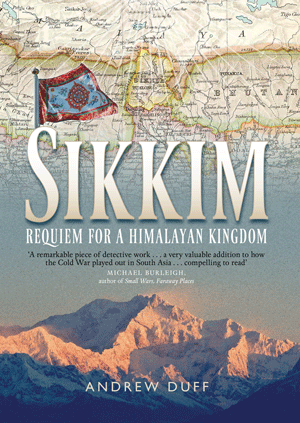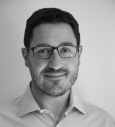I went to last Radio 4’s live “Any Questions” on Friday at St Columba’s Church of Scotland, Pont St in Knightsbridge. The panellists were Ken Livingstone, Lord (“Gus”) MacDonald. Theresa May and Amanda Platell. 45 minutes before the 8pm programme, audience members writer down their questions, of which a few are chosen to be asked live. (the panellists do not see the questions before the live broadcast.) My question – “Does the panel agree that the coverage of potential terrorist threats on the BBC and in other media thus far has been overly alarmist and has as a result played into al-Qaeda’s hands by creating a climate of fear?” – was chosen, and you can see the transcript here and even listen to the programme (I was second question) by clicking on the listen again link here.
I didn’t feel any of the panellists answered the question. They all preferred to focus on the size of the threat and the need for the government to warn the public, rather than the question of whether the media coverage has been too alarmist, thus ultimately serving Al Qaeda’s needs by creating a fearful public.
I have had a lot of positive comments about my call for coverage of terrorist threats to be rationalised by creating terrorism forecasts after the news (see below’s entry for 12 November), although one person points out that it risks institutionalising terrorism. My response to that would be that we need to face up to the fact that the threat will be around for at least 10-20 years, and as such, it will almost by definition become institutionalised in our society. So marginalise it.
It’s a sad fact that “wars” on abstract nouns (like “terrorism” and “drugs”) are virtually unwinnable anyway.



